| Structure | Name/CAS No. | Articles |
|---|---|---|
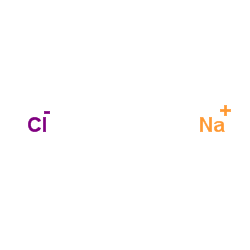 |
sodium chloride
CAS:7647-14-5 |
|
 |
sodium dodecyl sulfate
CAS:151-21-3 |
|
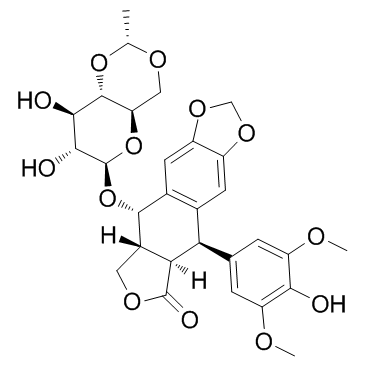 |
Etoposide
CAS:33419-42-0 |
|
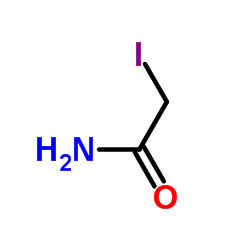 |
Iodoacetamide
CAS:144-48-9 |
|
 |
SODIUM CHLORIDE-35 CL
CAS:20510-55-8 |
|
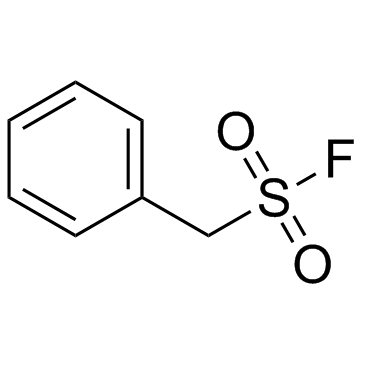 |
PMSF
CAS:329-98-6 |
|
 |
DL-Glyceraldehyde 3-phosphate
CAS:591-59-3 |
|
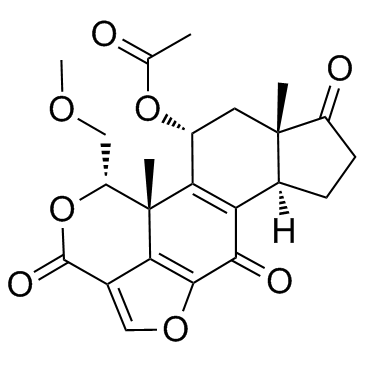 |
Wortmannin
CAS:19545-26-7 |
|
 |
Caffeine
CAS:58-08-2 |
|
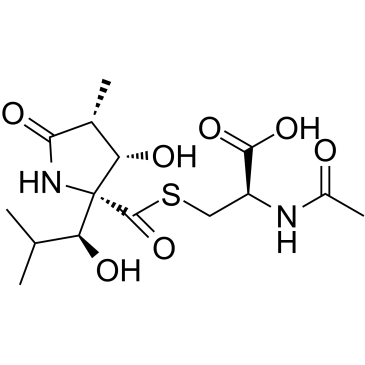 |
Lactacystin
CAS:133343-34-7 |